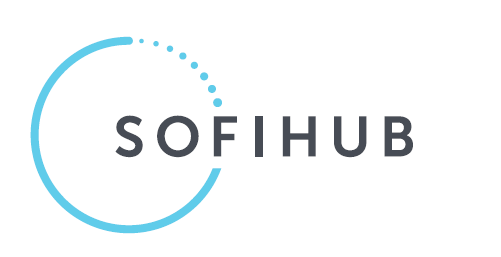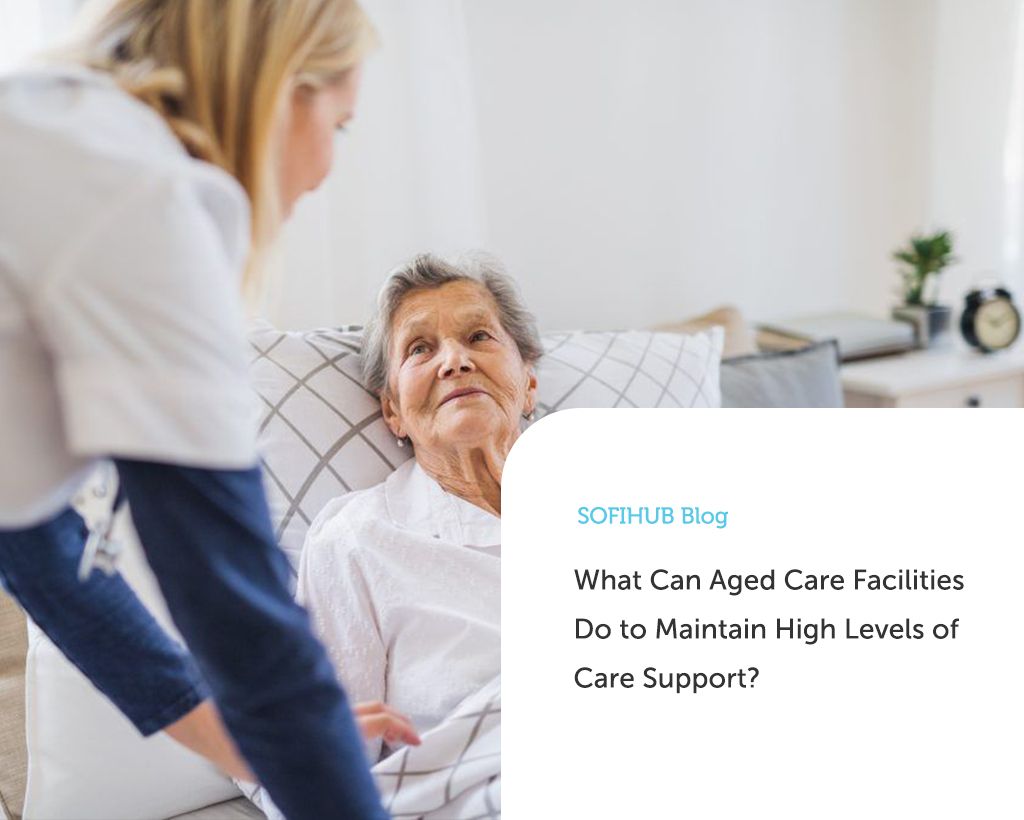It is well known within the Healthcare industry that residential care facilities ideally need to focus on three areas if they want to maintain consistently high levels of care support and meet aged care compliance standards (Aged care quality standards apply to all Australian Government-funded aged care services).
Wellness
The best facilities work towards improving the physical, emotional, and social well-being of their residents and have various activities planned around this.
Group exercises such as Yoga and Zumba can help the elderly improve their flexibility and balance, both of which are important in preventing falls.
For seniors with mobility issues, simple exercises like waving hands in the air and swaying slightly while being seated can be a lot of fun and extremely beneficial.
Outdoor activities and games keep residents fit and engaged.
Encouraging interaction with other residents improves their social life and makes them feel part of a family.
Myra (who loves the aged care home she stays in) says: “The level of care here is great. Our meals are ready on time, coffee and tea are freely available and we exercise every morning at 10. It’s only gentle exercises in the chair, but it keeps us healthy.”
Safety
Ensuring residents’ physical safety is critical. All aged care facilities should aspire to:
- Control access to the facility
- Have visitors sign in and out.
- Have CCTV cameras without infringing on the privacy of residents
- Make handrails, guardrails, and grab bars easily accessible in bathrooms, on staircases, and other places where needed
- Keep living spaces and common areas well lit
- Keep emergency call buttons accessible and easy to use
- Place fall detection devices and smoke detectors in residential rooms
Specialised Care
Aged care facilities should prioritise the development of training programs that provide caregivers with the knowledge and skills needed to manage complex cases and provide high levels of care support.
With the average age of residents now 80 (up from 55 20 years ago), seniors demand greater levels of medical care and attention.
Illnesses such as hypertension, diabetes, and cardiovascular disease require close monitoring of residents.
People grow frailer as they age, increasing their chances of falling, which can result in broken bones and brain injuries.
Falls not detected in time can even lead to dehydration and hypothermia.
A new approach
With more people choosing to live independently well into their twilight years, the aged care industry needs a fresh approach to meet their needs. One that is low impact but highly effective, and one that supports independent living.
TEQ-FallsAlert is a passive, real-time falls detection system based on unique radar sensor technology with AI.
It has several advantages:
- Provides live fall detection (including low impact falls) and detects multiple occupants in a room without the need for a wearable device or cameras
- Constantly tracks body position
A care support device such as eazense provides residents with security while preserving their independence and privacy.
TEQ-FallsAlert reduces the number of unnecessary caregiver visits, resulting in significantly lower healthcare costs.
it also helps residential facilities meet aged care compliance standards and position themselves as an obvious choice for seniors to live out their golden years.

